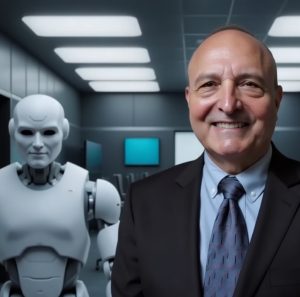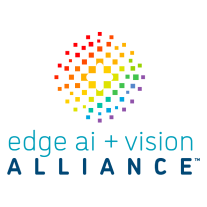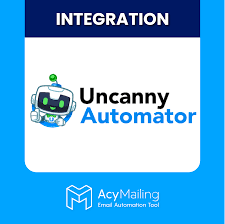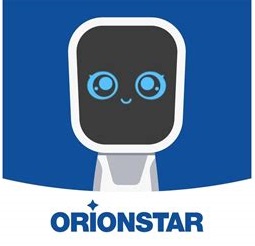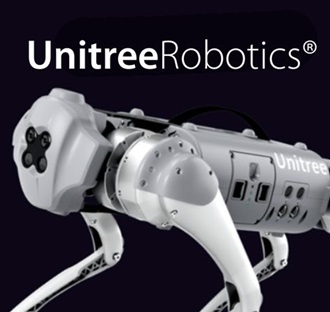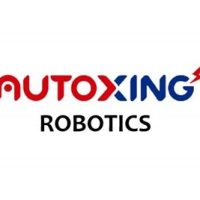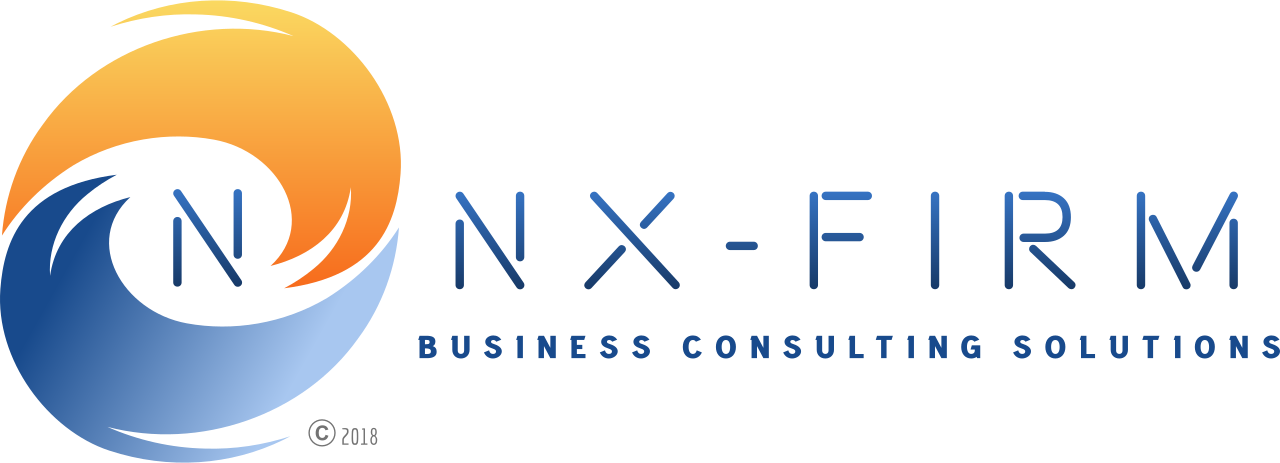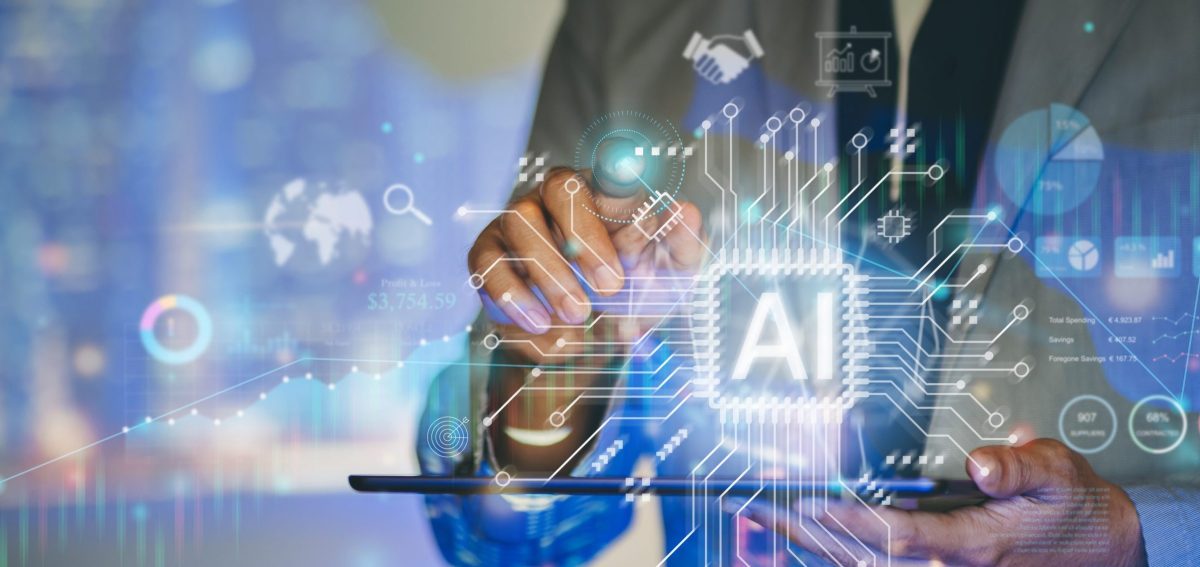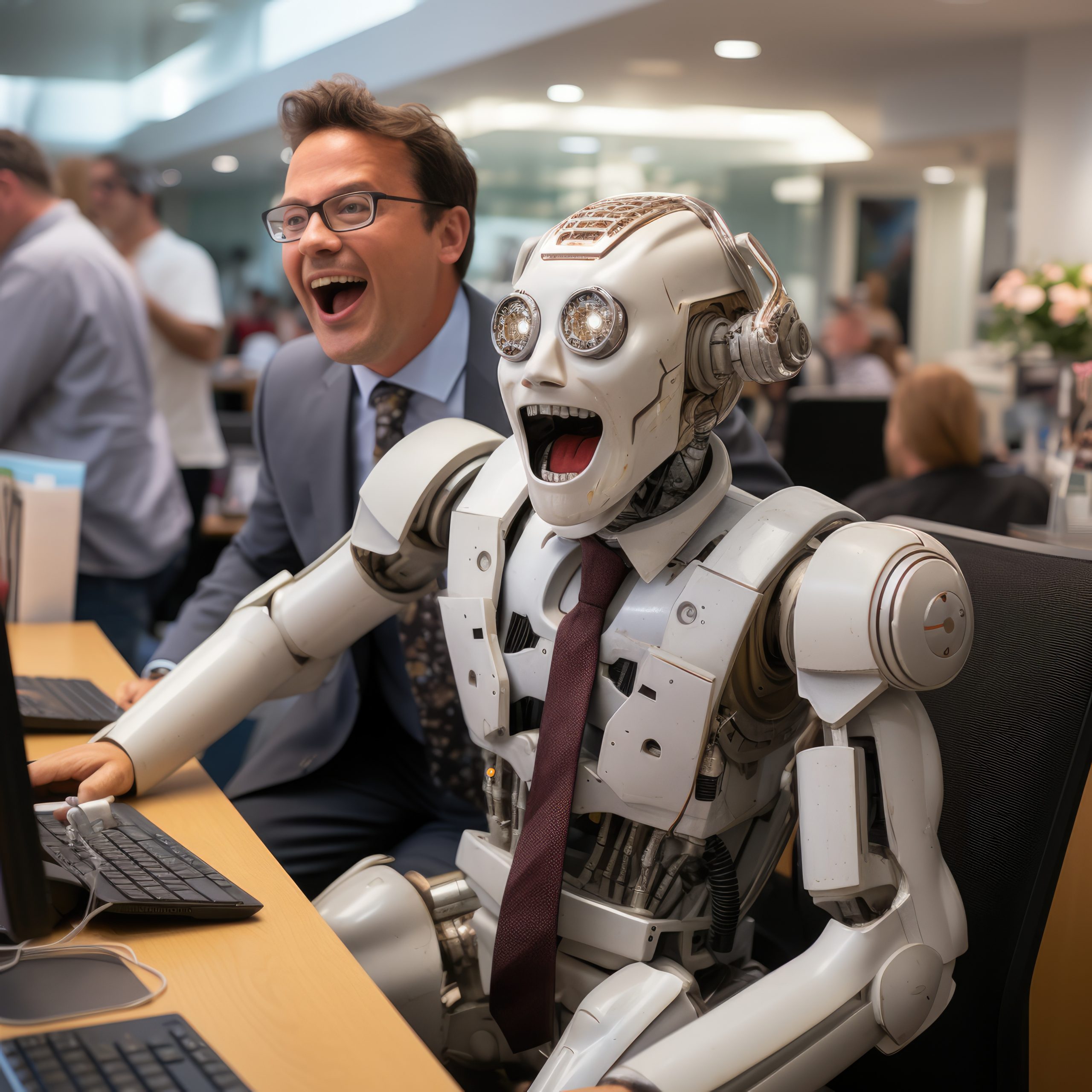Restaurant Workforce



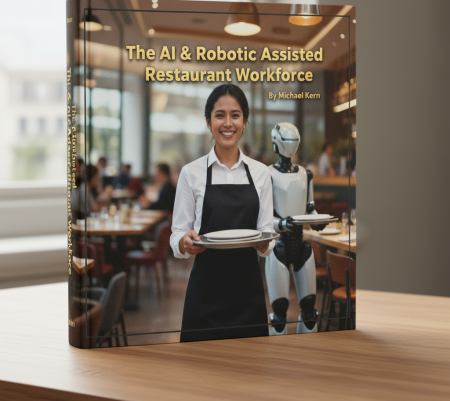
The AI & Robotic Assisted Restaurant Workforce
The culinary world has always been a frontier of innovation, driven by a relentless pursuit of flavor, efficiency, and guest satisfaction. From the introduction of the first commercial ovens to the sophisticated Point-of-Sale (POS) systems that streamline operations today, technology has consistently played a role in shaping how we dine and how restaurants operate. However, the current wave of advancements, powered by Artificial Intelligence (AI) and robotics, represents a paradigm shift of unprecedented scale and potential. We are moving beyond mere automation of existing tasks to intelligent augmentation that redefines the very nature of restaurant work and guest experience.
This book, "The AI & Robotic Assisted Restaurant Workforce" is designed to be your essential guide through this transformative era. Our primary audience—restaurant owners, managers, and aspiring entrepreneurs—is grappling with tangible, pressing challenges: a critical labor shortage that strains capacity, escalating operational costs that erode margins, and the ever-present demand for more personalized, efficient, and satisfying customer experiences. Traditional solutions are proving insufficient, necessitating a bold embrace of new technologies. We firmly believe that AI and robotics are not threats to the human element in hospitality but powerful allies. They offer the potential to shoulder the burdens of repetitive, physically demanding, or data-intensive tasks, empowering your human teams to elevate their roles, focus on creativity, and deliver unparalleled service.
Throughout these pages, we will delve into the practical applications of AI and robotics across the entire restaurant ecosystem. We will explore how intelligent systems can revolutionize inventory management, enhance food safety and quality control in the kitchen, and streamline preparation and cooking processes. Simultaneously, we will examine their role in optimizing front-of-house operations, from managing reservations and seating with greater efficiency to augmenting the capabilities of service staff and personalizing guest interactions. Crucially, we will address the human element, outlining strategies for training, collaboration, and fostering a culture where technology and people work in seamless synergy. This introduction sets the stage for a comprehensive exploration of the business case, the implementation roadmap, risk mitigation, and the exciting future trends that await the augmented restaurant. Prepare to move beyond apprehension and embrace the opportunities that intelligent technology offers for building more resilient, profitable, and guest-centric dining establishments.
About The Author
Michael Kern: Author of The AI & Robotic Assisted Restaurant Workforce
Michael Kern, author of the insightful book series The AI & Robotic Assisted Workforce, brings over 40 years of hands-on experience in surveillance, robotics, and AI-driven systems. His career began in high-security environments, where he helped establish protection standards for banking data centers and government facilities in collaboration with the U.S. Secret Service and the Reagan Administration.
Kern’s early adoption of robotics in the 1980s, through his work with Cybermotion Robotics, positioned him as a visionary during the shift from mainframe to personal computing. He later integrated foundational AI chipsets into surveillance systems capable of subject recognition and behavioral analysis—technologies that would evolve into today’s intelligent platforms.
As an independent consultant, Kern has led major projects for global clients across industries including automotive, aviation, finance, hospitality, education, pharmaceuticals, and government. His focus on practical implementation and change management has helped organizations navigate the human side of technological transformation.
In his book series, Kern advocates for a collaborative future where AI and robotics assist rather than replace human workers. His writing offers strategies for overcoming resistance to change and fostering workforce adaptation—empowering companies to embrace intelligent technologies with a human-centric approach.
